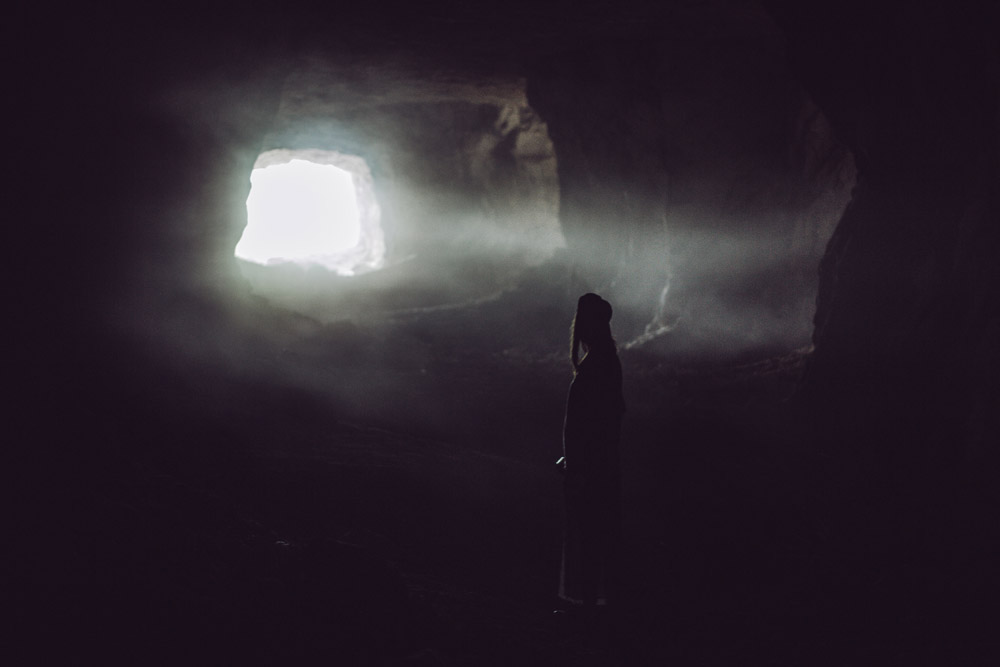August 30, 2019
Religion in Frankenstein: Dialectics of Authority
Note: the following article on religion in Frankenstein is a modified excerpt (pp. 110-111) from my doctoral dissertation, “Time is Everything with Him”: The Concept of the Eternal Now in Nineteenth-Century Gothic, which is available for free from the repository of the Tampere University Press. For a list of my other academic publications, presentations, etc. feel free to visit the relevant page on the main Home for Fiction website.
You can also find an article about religion in Charles Dickens’s A Christmas Carol and another about religion on Bram Stoker’s Dracula.
Religion in Frankenstein: A Secular or Religious World?
In the context of Frankenstein, a story replete with moral dilemmas and dichotomies based on otherness, it is perhaps not surprising to discover a multitude of religiously charged temporal dichotomies.
Punter and Byron argue that Victor, although a modern Prometheus (as the subtitle of the novel underlines), lives in “a notably secular world with no gods against whom to rebel, and … his search is conceived of in scientific terms” (2004, 199).

Although, strictly speaking, the novel does indeed describe a secular world in a scientific context, this description is somewhat misleading. In terms of patriarchal structures and authority, Victor most certainly rebels against “religion”, which is what the existing scientific paradigm in many ways was in the Romantic period.
Religion in Frankenstein: Allusions and Dichotomies
As Frankenstein is a novel in which creation is a central theme, religious allusions could not be expected to be absent. This is made explicit already at the very beginning of the text.
The presence of a religious register, with the words “heaven” and “Paradise” is repeated several times in the three pages of the letter, while one should not overlook the fact that the novel begins with a quotation from Paradise Lost: “Did I request thee, Maker, from my clay/ To mould Me man? Did I solicit thee/ From darkness to promote me? (Paradise Lost, X, 743–45. Qtd. in F 11).
In a novel replete with dichotomies, the word “darkness” should be examined in connection with the phrase “eternal light” on the following page.
The implication is between a temporal as well as moral conflict. It is also important to note that the novel ends with the words “lost in darkness and distance” (F 170) – a rather ominous conclusion, containing the possibility of relapse and return to an initial point.
Adding to that, Walton refers to himself as a poet/creator (F 14), which is a parallel to Victor being also a creator and, as he would probably think himself, an “artist” kind of scientist, that is, a pioneer inventor.
The first seeds of metatextual awareness are sown, subtly but clearly, as there is a direct association between writing and creating. In the context of the novel, this facilitates the generation of certain implications in regard to textual production. After all, the entire novel is based on non-objective viewpoints and textual arrangements.
Read more: Angelis, Christos. “Time is Everything with Him”: The Concept of the Eternal Now in Nineteenth-Century Gothic. Doctoral Dissertation. Tampere, Finland: Tampere University Press, 2017. Available from the repository of the Tampere University Press.
Works Cited
Punter, David, and Glennis Byron. The Gothic. Malden: Blackwell Publishing, 2004.
Shelley, Mary. Frankenstein. Hertfordshire: Wordsworth Editions Limited, 1999. Cited as F.

Whether they personally believed, most Europeans (and educated Americans) had a solid base of knowing the contents of the Bible, at the time Frankenstein was written, and this infused their worldview. There is a distinct lack of this in modern readers: I was floored when one of my first readers on a writing site did not know what The Book of Job was about. She was British.
I don’t expect my Indian readers, for example, to get it – so things that are important to the plot must be subtly explained – but for those who know Job there will be a whole host of resonances. Because it is easy to add flavor without a lot of words if you can invoke some small part of a common heritage with your readers.
It is not fashionable to bring it up, but a personal religious belief either way made Frankenstein even more poignant. And the CHARACTERS in a novel are deeper if THEY have contrasting beliefs, regardless of whether readers share them. Religion has been around probably since the beginning of mankind, and it isn’t going away any time soon.
Nice excerpt.
You make apt points in regard to understanding possible undertones based on religion. This also happens with other works of fiction. For instance, when I make a reference to, say, Dracula (or, indeed, Frankenstein), I expect my audience to have at least a basic knowledge of what’s happening. But experience has shown me this isn’t always the case.
Thanks for your comments!